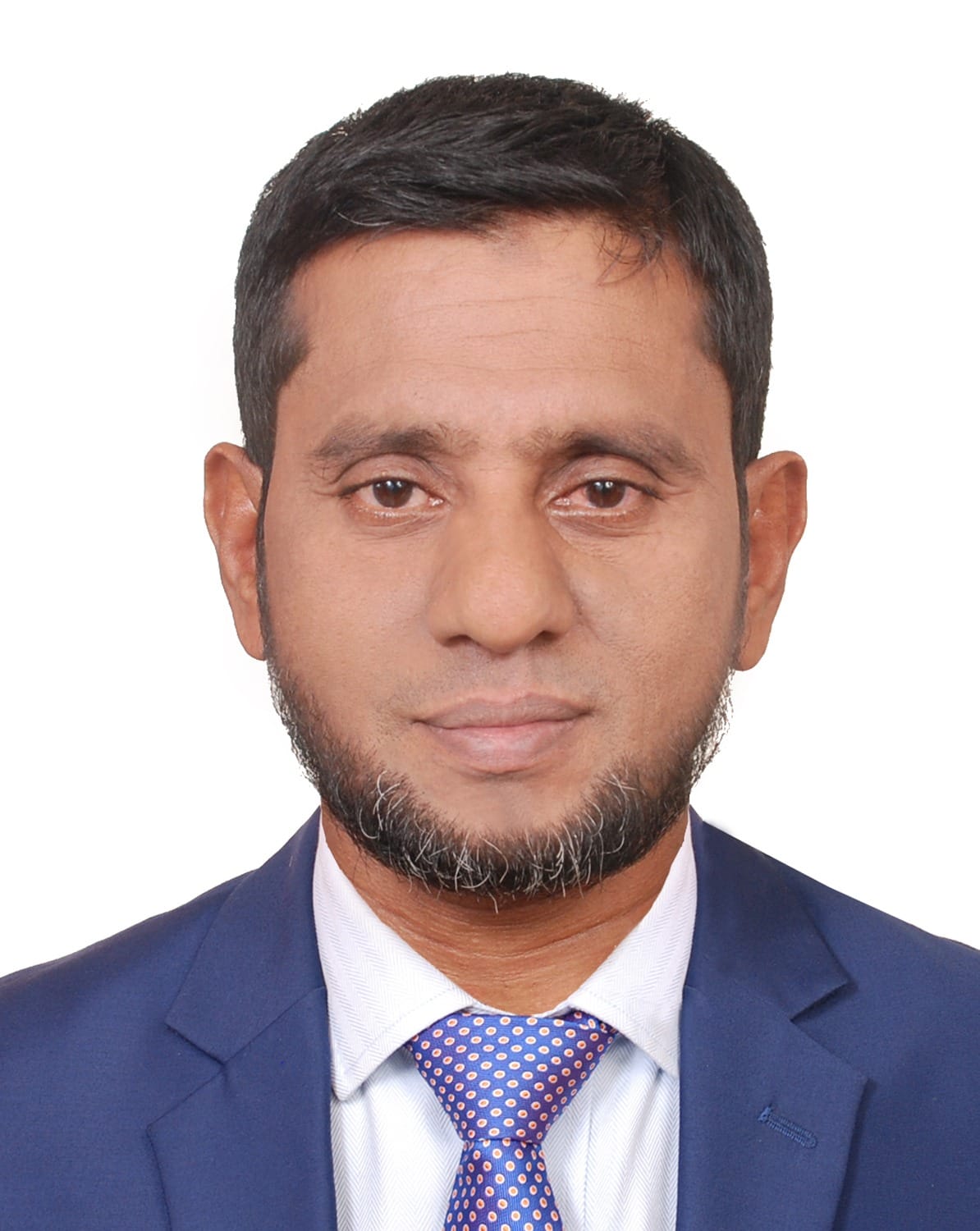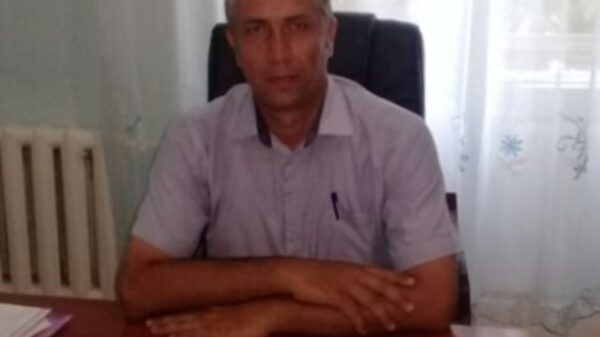


UNESCO’S IDEA OF PEACE
Sharipov Dilshod Bakhshilloevich
Bukhara State Pedagogical Institute
Senior Lecturer, Department of Social Sciences
ANNOTATION: This brief article attempts to reveal the core ideas and position of UNESCO—a prestigious international organization of the UN—regarding the promotion of a culture of peace across humanity.
Keywords: human, tolerance, peace, culture of peace, development, solidarity, culture of sustainable development, unity.
UNESCO is the United Nations Educational, Scientific and Cultural Organization, which officially began its activities on November 4, 1946.[1] The mission of UNESCO is “to build lasting peace based on the intellectual and moral solidarity of humanity.”[2] Its activities cover education, natural, social, and human sciences, culture, and communication. UNESCO’s programs focus on three main goals:
Promoting world culture;
Sustainable development;
Human progress.[3]
UNESCO’s tasks include:
Ensuring educational achievements for all people;
Supporting the creation of international scientific programs for ecological research;
Encouraging the realization of national cultures;
Preserving and expanding global heritage assets, supporting the free flow of information and press freedom;
Assisting in improving communication capacities in developing countries.[4]
The Republic of Uzbekistan became an equal member of UNESCO on October 29, 1993,[5] and since then, cooperation has continued to grow.
The official website of UNESCO states:
“International Day of Peace celebrates the power of global solidarity to build a peaceful and sustainable world. In these unprecedented times, this has never been more important. New divisive forces spreading hate and intolerance have emerged. Terrorism is escalating violence, and violent extremism seeks to poison the minds of vulnerable young people. In the world’s poorest and least developed areas, climate-related natural disasters are exacerbating fragility, increasing forced migration, and elevating the risk of violence.”[6]
Furthermore, UNESCO’s official website adds:
“The obstacles to peace are complex and severe – no country can resolve them alone. This requires new forms of solidarity and joint action, starting as early as possible. The study of peace and the culture of sustainable development lies at the heart of UNESCO’s mandate. Education and research on sustainable development, human rights education, peacebuilding skills, good governance, Holocaust remembrance, conflict prevention, and peacebuilding are among the organization’s top priorities.”[7]
Every year, UNESCO celebrates September 21st as the International Day of Peace as part of dozens of international days.
In addition, based on UNESCO’s 1995 Declaration of Principles on Tolerance consisting of 6 articles, the UN General Assembly adopted Resolution 51/95 in 1996, proclaiming November 16th as the International Day for Tolerance, making this a significant UN-wide initiative. According to the Declaration on the Principles of Tolerance,
“Tolerance is respect, acceptance and appreciation of the rich diversity of our world’s cultures, our forms of expression and ways of being human.”[8]
It further concludes:
“Tolerance recognizes the universal human rights and fundamental freedoms of others. People are naturally diverse; only tolerance can ensure the survival of mixed communities in every region of the globe.”[9]
Overall, global cooperation toward universal peace and sustainable stability also depends on each nation-state’s implementation of national peace, stability, and development programs. In this regard, the UN and its international institutions undoubtedly serve as vital arbiters and custodians of enduring peace. Among these, UNESCO holds a particularly important role and influence.
While reforms or proposals to reform the UN are largely tied to the national interests of member states—and realistically depend on the agreement of states with veto power—UNESCO, as a distinct international structure, continues to present itself as a powerful promoter of a culture of peace.
REFERENCES:
R.A. Tuzmukhamedov, R.T. Hakimov. Foundations of International Law. “Economy and Law World” Publishing House. Tashkent, 1998. p. 113.
United Nations: Basic Facts. Translated from Russian by Rashid Raupov, Normumin Ochilov, Davlatmurod Sa’dullaev. Tashkent, 2001. p. 59.
United Nations: Basic Facts. Translated from Russian by Rashid Raupov, Normumin Ochilov, Davlatmurod Sa’dullaev. Tashkent, 2001. p. 59.
United Nations: Basic Facts. Translated from Russian by Rashid Raupov, Normumin Ochilov, Davlatmurod Sa’dullaev. Tashkent, 2001. p. 59.
R.A. Tuzmukhamedov, R.T. Hakimov. Foundations of International Law. “Economy and Law World” Publishing House. Tashkent, 1998. p. 113.
https://www.unesco.org/en/days/peace
https://www.unesco.org/en/days/peace
https://unesdoc.unesco.org/ark:/48223/pf0000101344
https://www.unesco.org/en/days/tolerance
MAKE AN EFFORT…
Make an effort, people of knowledge, make an effort,
Bukhari left us knowledge—make an effort.
For a single hadith, he left his splendid town,
He walked deserts and plains on foot—make an effort.
When Abu Rayhan mapped the whole earth,
Europe and America were still in slumber.
He discovered the edge of the ocean world
Before Vespucci even spoke—make an effort.
The name of al-Khwarizmi brought new sciences:
Equations, numbers, algebra too,
Logarithms, riddles, and mental skills—
All from our ancestors’ exercises—make an effort.
Husayn, a brave son of Afshona village,
Dedicated every moment to the pursuit of knowledge.
A master of six sciences, a leader among scholars,
Follow in Ibn Sina’s footsteps—make an effort.
Abu Nasr explained the logic of thought,
Unveiled the ocean of reasoning and structure.
Ibn Sina’s understanding began with Farabi,
He paved the path of wisdom—make an effort.
When I leaf through Rabghuzi’s pages, my heart rejoices,
His histories and human rights bring light.
Do not grow arrogant, O human—
All are created equal—make an effort.
Saints emerged, tying their belts tight,
They were called “pir” and “sage” for a reason.
Their paths still glow with wisdom and grace—
Their legacy guides us—make an effort.
That scent still lingers—from Bukhara it comes,
At night, the roads were swept from Bukhara.
Hospitality, traditions, elegance—
Our ancestor Naqshband—make an effort.
Disciples placed their heads where the teacher stepped,
Even if it meant lying in the snow at the threshold.
Before sitting, they soared through seven heavens—
That spiritual ascent was real—make an effort.
Words fail, the pen grows weak,
Earn your bread with dignity, your work with honesty.
Today, people dig beneath words for other words—
Let sincerity be your message—make an effort.
Sahibqiron stood at history’s center,
Every act—driven by resolve and bravery.
He gained prayers from saints and wise men,
Gallantry marked his every step—make an effort.
They called themselves “Mirzo,” the Timurids,
Ulugh Beg stepped into the stars.
Shah Babur turned his face to India—
Descendants of Khwaja Ahrar—make an effort.
Mir Alisher wrote of longing and sorrow,
He nurtured both you and your children.
Though childless himself, a true monarch of words—
A global hero in spirit—make an effort.
Do not slander or belittle the greats,
They were selfless, devoted—keepers of divine secrets.
They came and went, their era passed—
What remains is up to us—make an effort.
Jami’s verses—beauty like Joseph’s,
His master was the light of both worlds.
We call him a poet, but he was a pole star,
None matched his noble path—make an effort.
Time is still that same old time,
Heroes lie now beneath the soil.
Do not stomp the earth harshly—its dust is sacred,
It holds the jewels of history—make an effort.
Ahmad Yassavi—that was his name,
We call his poetry sacred advice.
Amir Temur built his grave with his own hands,
Brick by brick, it remains—make an effort.
Zangi Baba left behind a legacy of love,
True love from the heart, eternal passion.
Both-world bliss comes from sincere prayers—
Seek blessings from the elders—make an effort.
My homeland, land of saints and sages,
Its soil has felt your footprints,
My grandmothers, small in stature, humble—
Deserve today’s brave sons—make an effort.
At dawn, when you wake—what is your aim?
Rushing through life—what is truly precious?
That youth—stride toward knowledge,
With a pure heart, take steps—make an effort.
If only cities could rise to greet your arrival,
Showering you with pearls and gold, handful after handful.
Where faith was sheltered, knowledge was written—
Where is my ancestor Bukhari?—make an effort.
The imam of imams—where is he now?
Each step of his—toward purity—where is it now?
A sea of compassion and truth, the righteous teacher,
To embrace his “Jami” collection—make an effort.
Where is our ancestor Abu Isa Tirmidhi?
Where is the student who said, “Let me wash your feet”?
Modesty, respect, sincerity, and love—
These lie in faithfulness—make an effort.
Mashrab sighed at the cruelty of the world,
He found peace in God’s pleasure alone.
Providing for family with honest work—
True happiness lies in divine will—make an effort.
Dukchi Eshon led a revolt,
For the nation, he cried out to the general.
He gave his life for freedom—
Have we echoed his voice?—make an effort.
My Jadid forefathers built new schools,
My grandmothers picked cotton and wore rags.
The tyrants tried to erase our faith,
But the Jadid spirit has returned—make an effort.
Make an effort, youth—today, make an effort!
Step boldly toward knowledge—make an effort.
Our educator forefathers, named Jadid,
Are still awaiting your steps—make an effort.
We once came to class thoughtlessly,
Now, aim high—strive for excellence!
Learn languages, gain knowledge, rise up—
Books in hand, endless treasures—make an effort.
Fitrat sighed from the tall minaret,
Fayzulla was executed, yet yearned to live.
What did Cho‘lpon leave behind? Just a worn coat—
But he cried: “My homeland is my soul”—make an effort.
Usmon Nosir—purity of poetry,
Call his gaze your balm—make an effort.
Qodiriy’s Kumush, in tears—
The beloved, the Uzbek soul—make an effort.
Let no evil eye touch my nation, my honor,
My pride, my soul—the one life in my chest.
Even if there were a thousand lives, I’d trace their steps,
Live by “heart with beloved, hand in work”—make an effort.
SHARIPOV Dilshod Baxshilloyevich,
Senior Lecturer at the “Social Sciences” Department,
Bukhara State Pedagogical Institute.